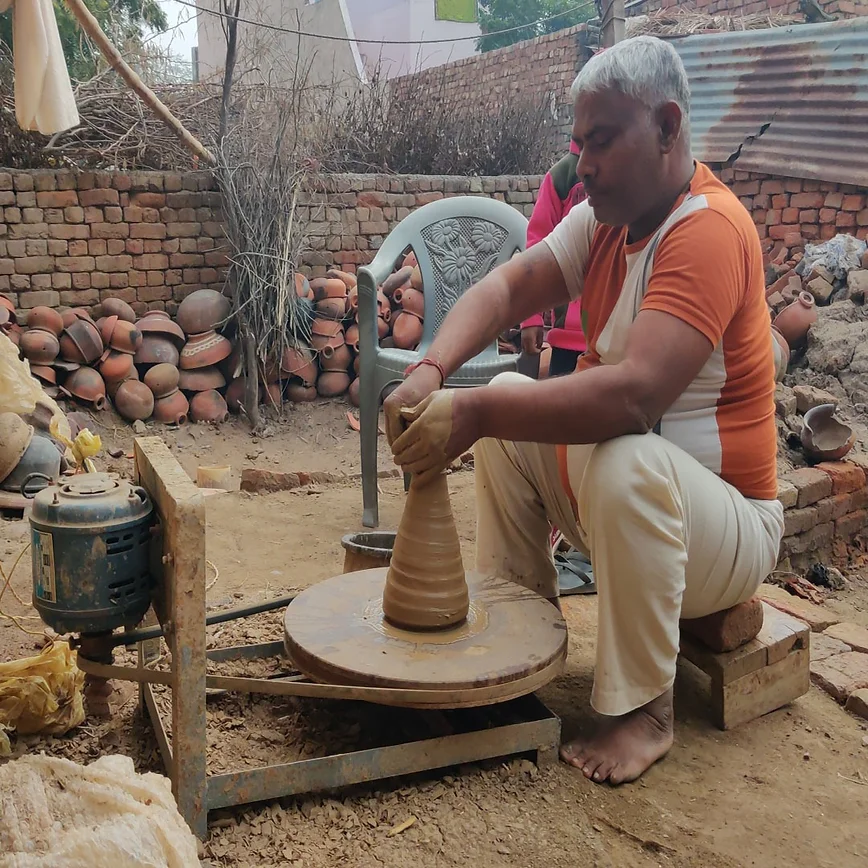Government Grants
Business Grants
Home Owner Programs
Federal Programs
About Us
Environmental Justice Collaborative Problem-Solving (EJCPS) Cooperative Agreement Program
The U. S. Environmental Protection Agency (EPA) is working to improve the environment and public health conditions of low-income communities and communities of color through the advancement of racial equity and environmental justice.
This funding announcement supports the priorities detailed in President Biden’s Executive Order 13985 titled Advancing Racial Equity and Support for Underserved Communities Through the Federal Government and Executive Order 14008 titled Tackling the Climate Crisis at Home and Abroad.
EPA continues to make effective responses to the Novel Coronavirus (COVID-19) and the climate crisis top priorities.
To address these multiple crises, this announcement places emphasis on projects focusing on COVID-19 impacts, as well as climate and disaster resiliency.
EPA continues to make effective responses to the Novel Coronavirus (COVID-19) and the climate crisis top priorities.
To address these multiple crises, this announcement prioritizes projects focusing on COVID-19 impacts, as well as climate and disaster resiliency.
The Environmental Justice Collaborative Problem-Solving (EJCPS) Cooperative Agreement Program provides funding to support community-based organizations in their efforts to collaborate and partner with local stakeholder groups (e.g., local businesses and industry, local government, medical service providers, and academia) as they develop community-driven solutions that address environmental and/or public health issues for underserved communities.
For purposes of this announcement, the term “underserved community” refers to a community with environmental justice concerns and/or vulnerable populations, including people of color, low income, rural, tribal, indigenous, and homeless populations.
Eligible projects must demonstrate use of the Environmental Justice Collaborative Problem-Solving Model to support their collaborative efforts during the project period.
Applying organizations should have a direct connection to the underserved community impacted by the environmental harms and risks detailed in the workplan.
This funding announcement supports the priorities detailed in President Biden’s Executive Order 13985 titled Advancing Racial Equity and Support for Underserved Communities Through the Federal Government and Executive Order 14008 titled Tackling the Climate Crisis at Home and Abroad.
EPA continues to make effective responses to the Novel Coronavirus (COVID-19) and the climate crisis top priorities.
To address these multiple crises, this announcement places emphasis on projects focusing on COVID-19 impacts, as well as climate and disaster resiliency.
EPA continues to make effective responses to the Novel Coronavirus (COVID-19) and the climate crisis top priorities.
To address these multiple crises, this announcement prioritizes projects focusing on COVID-19 impacts, as well as climate and disaster resiliency.
The Environmental Justice Collaborative Problem-Solving (EJCPS) Cooperative Agreement Program provides funding to support community-based organizations in their efforts to collaborate and partner with local stakeholder groups (e.g., local businesses and industry, local government, medical service providers, and academia) as they develop community-driven solutions that address environmental and/or public health issues for underserved communities.
For purposes of this announcement, the term “underserved community” refers to a community with environmental justice concerns and/or vulnerable populations, including people of color, low income, rural, tribal, indigenous, and homeless populations.
Eligible projects must demonstrate use of the Environmental Justice Collaborative Problem-Solving Model to support their collaborative efforts during the project period.
Applying organizations should have a direct connection to the underserved community impacted by the environmental harms and risks detailed in the workplan.
Related Programs
Environmental Justice Collaborative Problem-Solving Cooperative Agreement Program
Environmental Protection Agency
Agency: Environmental Protection Agency
Office: Environmental Protection Agency
Estimated Funding: $3,200,000
Office: Environmental Protection Agency
Estimated Funding: $3,200,000
Obtain Full Opportunity Text:
http://grants.nih.gov/grants/guide/pa-files/PAR-21-130.html
Additional Information of Eligibility:
Please see Section III for additional eligibility information.
Full Opportunity Web Address:
http://grants.nih.gov/grants/guide/pa-files/PAR-21-130.html
Contact:
Agency Email Description:
Jacob Burney
Agency Email:
Date Posted:
2021-03-02
Application Due Date:
Archive Date:
2021-06-06
Social Entrepreneurship
Spotlight
Reviving Ancient Indian Art Forms – Empowering Artisans Towards Entrepreneurship

Rivaayat is an initiative by Shri Ram College of Commerce, Delhi to revive various dying art form and solve innumerable problems faced by the artisans. Rivaayat began with reviving a 20,000-year-old art form of pottery that is a means of survival for 600 families residing in Uttam Nagar, Delhi.
